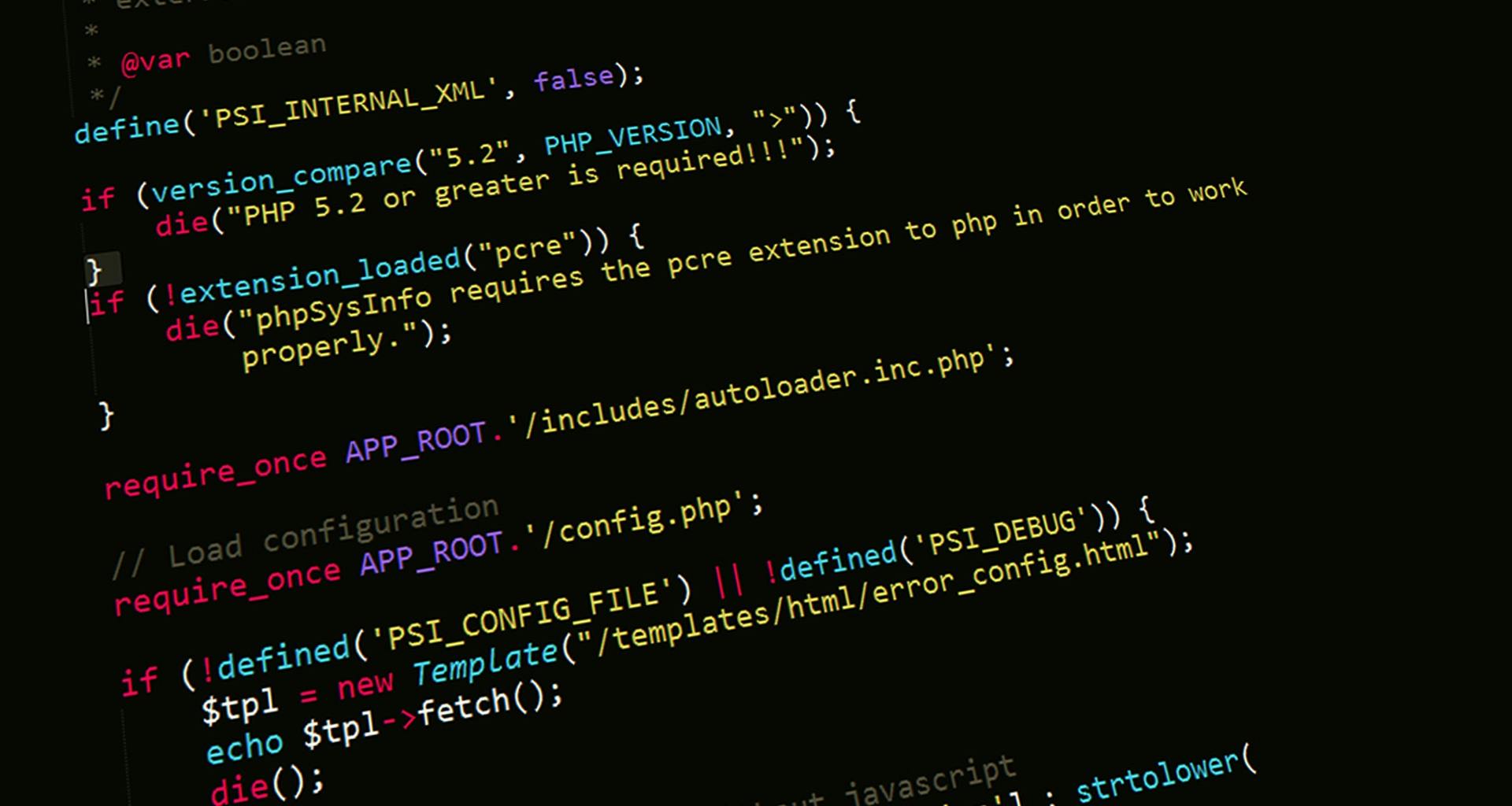AI – The End Of Truth
Title: The Impact of AI on Truth: Navigating the New Landscape of Information
In an era defined by rapid technological advancements, artificial intelligence (AI) stands out as one of the most transformative forces shaping our world. While AI brings with it remarkable opportunities, it also raises critical questions about the nature of truth and the integrity of information in our society.
As we delve deeper into the digital age, the proliferation of AI tools has empowered individuals and organizations to create and manipulate content at unprecedented speeds. From deepfakes that can alter video evidence to algorithm-driven news feeds tailored to our preferences, the line between fact and fiction becomes increasingly blurred. This phenomenon poses significant challenges to our understanding of truth, making it essential to evaluate the implications of AI on how we discern and trust information.
One of the most pressing concerns is the rise of misinformation. AI technologies, particularly in the hands of those with nefarious intent, can generate false narratives that spread rapidly across social media platforms. Unlike traditional media, which typically adheres to editorial standards and fact-checking protocols, AI-generated content can bypass these checks, creating a chaotic information environment. This necessitates stronger mechanisms for verifying information and enhancing media literacy among audiences to combat the tide of misinformation.
Moreover, as AI systems learn from vast datasets, they may inadvertently perpetuate biases present in the information they consume. This poses ethical questions regarding accountability and the responsibility of developers in ensuring that AI contributes to a more informed society rather than distorting reality. It’s crucial that those involved in the development of AI frameworks prioritize ethical considerations, fostering transparency and fairness to empower users rather than mislead them.
Despite these challenges, AI also offers tools that can help illuminate the truth. Advanced algorithms can assist in fact-checking, analyzing digital content for authenticity faster than human efforts alone. By harnessing AI for positive outcomes—such as verifying sources, analyzing media for bias, and providing context—we can cultivate a more informed populace that values critical thinking and robust discussion.
As we peer into the future, the role of AI in shaping truth is undeniably complex. While it may not signify the end of truth, it certainly demands our attention and proactive engagement. By fostering a culture of skepticism, promoting media literacy, and investing in responsible AI practices, we can strive to navigate the challenges ahead and champion an environment where truth prevails over deception.
In conclusion, the ongoing dialogue surrounding AI and its influence on truth invites us to rethink our relationship with information. In this digital age,














Post Comment